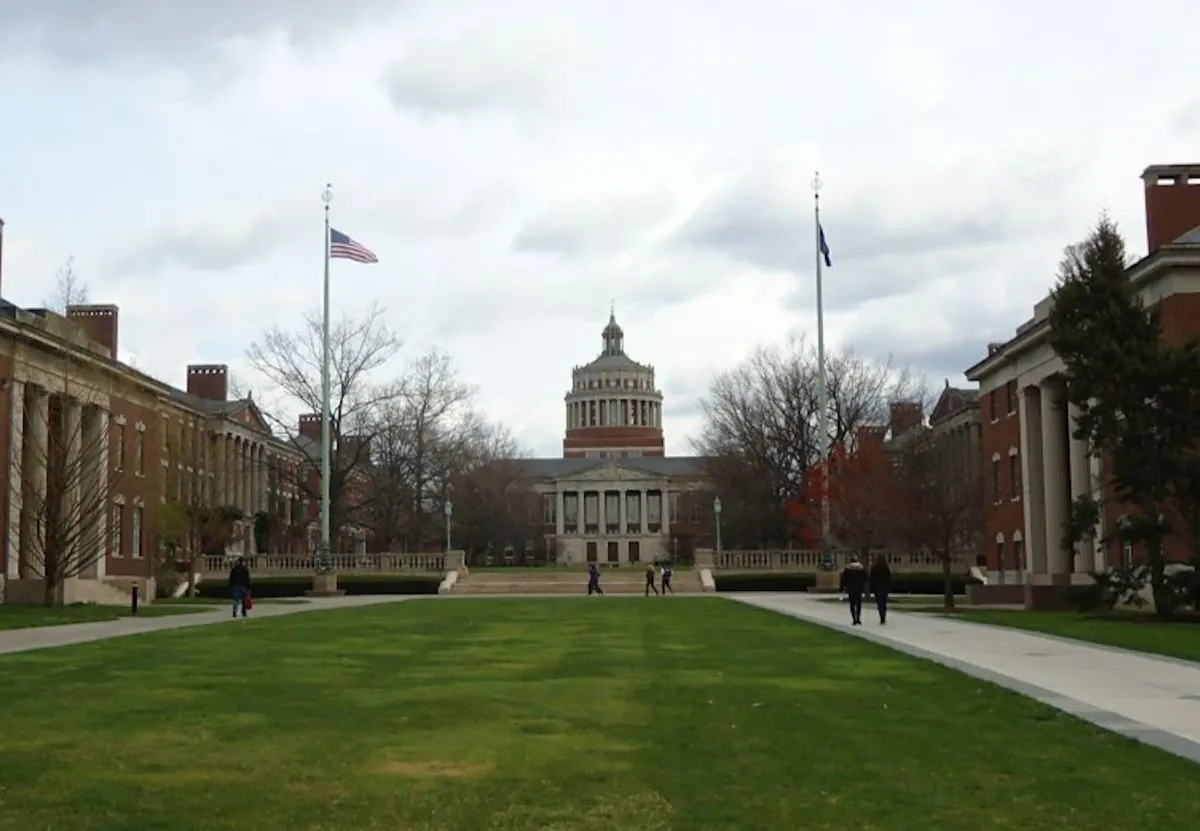The Teaching, Research, and International Policy (TRIP) Project at William & Mary's Global Research Institute has recently released its latest rankings of international relations (IR) academic programs. This survey, conducted in collaboration with Foreign Policy magazine, provides valuable insights for prospective students in the field.
The survey, carried out between October 2022 and January 2023, gathered responses from 979 IR scholars, 294 think tank staff, and 291 former government policymakers in the United States. For the first time, the survey included a question about Ph.D. programs best suited for students pursuing policy careers.
For undergraduate programs, Ivy League institutions, Stanford University, and the University of Chicago dominated the rankings. However, several schools outperformed their U.S. News & World Report rankings, including Georgetown University, American University, and George Washington University. Notably, Georgetown University emerged as the top choice among policymakers and think tank staff.
Master's program rankings showed a clear preference for East Coast institutions. Only a few programs west of the Rocky Mountains made it to the top 20. European programs also featured prominently, particularly in the rankings provided by policymakers and think tank staff.
"The stability of Ph.D. program rankings over the years is remarkable. Between our 2017 and most recent surveys, no top 15 program has moved more than one spot in either direction."
Ph.D. program rankings revealed interesting trends. For academic careers, the rankings have remained notably stable over the years. However, for policy-oriented careers, institutions with strong connections to Washington, D.C. were favored. Schools like George Washington University and Georgetown University ranked higher for policy careers than for academic pursuits.
The survey highlights the growing importance of policy-oriented education in IR. As tenure-track positions in universities decline and demand for expertise in the policy community increases, programs offering practical engagement opportunities near policy centers are gaining prominence.
Prospective students are advised to look beyond broad reputational rankings and explore specific program features. Factors such as regional focus, functional specialization, and methodological strengths can significantly impact a program's suitability for individual career goals.
However, the survey also emphasizes that reputation matters in the field of international relations. A program's standing can influence admissions, scholarships, and hiring decisions across various sectors. This ranking provides a systematic measure of these perceptions, aiming to assist students in making informed choices for their future in the dynamic field of international relations.
